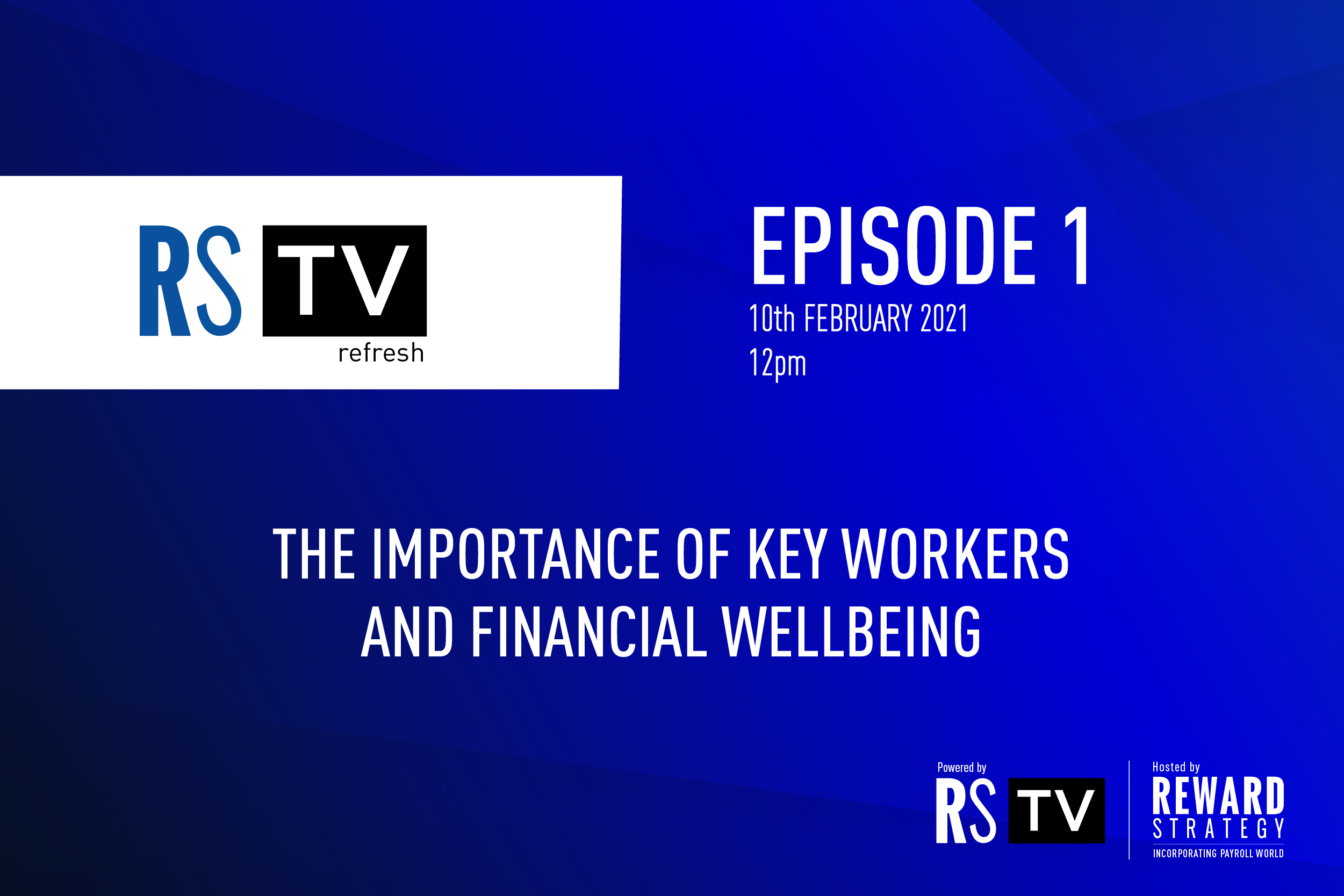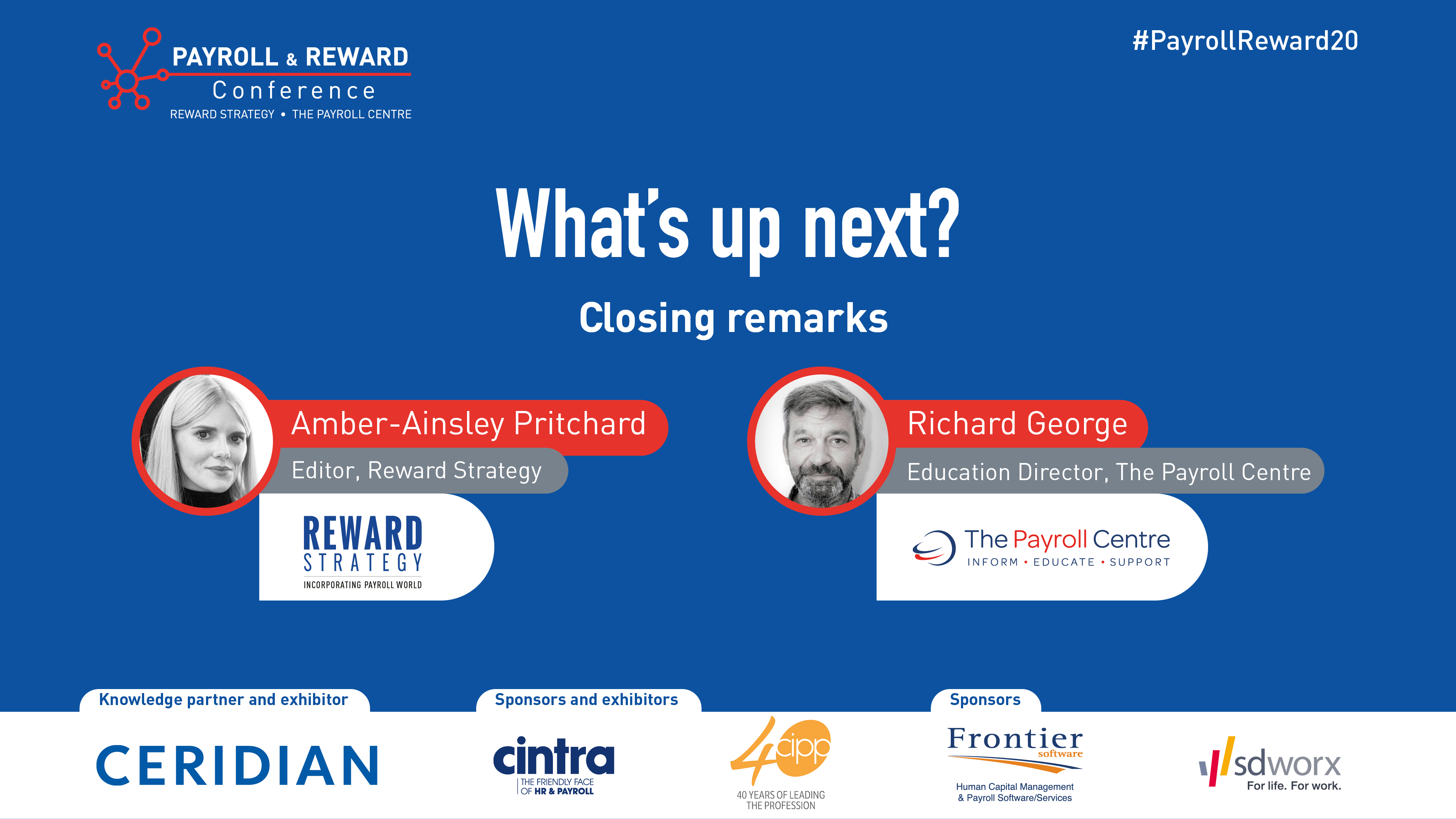Intelligence, community and recognition for pay and reward professionals.
Good Work (or a lot of work?)
Matthew Taylor, chief executive of the Royal Society of Arts was asked in October 2016 to conduct an independent review into UK working practices. This was in recognition of the fact that the modern ways of business working and existing employment law did not complement each other. On 11 July 2017, Mr Taylor published his 116-page report entitled ‘Good Work’.

 Ian Holloway
Ian HollowayMatthew Taylor, chief executive of the Royal Society of Arts was asked in October 2016 to conduct an independent review into UK working practices. This was in recognition of the fact that the modern ways of business working and existing employment law did not complement each other. On 11 July 2017, Mr Taylor published his 116-page report entitled ‘Good Work’.
Practices have changed over the years and it is right that they should be reviewed in the UK. So that you don’t have to read the whole report, I detail the main recommendations that could impact the reward profession in the form of bullet points below:
- While the three-tier approach to employment should remain (workers, employment and self-employment), workers should be renamed ‘deemed contractors’. As Mr Taylor correctly says, anyone performing work is a worker, therefore, the name change means this employment tier is differentiated better from the others. Currently, workers do have employment rights such as the right to be paid at the appropriate National Minimum Wage.
- Legislation and guidance should be simplified so that employers are clearer on who is an employee, who is self-employed and who is a deemed contractor.
- The rules surrounding the definitions of employment type should focus more on the control that the employer has on day-to-day working. This would mean that the supervision and right to substitution factors have less significance. As Mr Taylor says: “If it looks and feels like employment, it should have the status and protection of employment.”
- Individuals in the gig economy (Uber, Deliveroo etc) will be brought into the definition of being a deemed contractor. As such, they will get employment rights for, possibly, the first time. The Chartered Institute of Personnel and Development (CIPD) estimates that this is approximately 1.3 million people.
- Deemed contractors will get eligibility to the National Minimum Wage. However, this will require a change to the definition of working time. For workers in the gig economy, the suggestion is that employers adopt payment by output (i.e. piece-rate). This may require the employer to compare actual output to potential output and report this in real time.
- Employees and deemed contractors will be subject to income tax and Class 1 National Insurance contributions (NICs) through the payroll. Therefore, only someone that is truly self-employed will be able to provide labour without being subject to tax and NICs.
- If more people are subject to tax and NICs, more people should be entitled to employment rights from day one. Here we are looking at the extension of rights such as holiday pay, Statutory Sick Pay (SSP), maternity leave and pay (in addition to the NICs payable by the employer).
- In a world of changing work practices, the holiday pay calculation for individuals paid variably should change. The reference period should be extended from 12 weeks to 52 weeks. Further, the report recommends holiday pay paid in real time – a return to rolled-up holiday pay.
- The ‘hidden economy’ warrants its own section – the economy where workers are paid cash in hand and may not be paying the right tax and NICs as a result. Digital portals as part of HMRC’s Making Tax Digital transformation could facilitate ‘cashless transfers’ where the monies are exposed to HMRC, who can ensure the correct tax and NICs are applied.
- Changing work should mean that SSP is fundamentally reformed. As well as becoming a day-one right irrespective of the earnings level, it should be paid according to length of service rather than fixed at a maximum of 28 weeks. There is also talk of statutory protections for long-term sickness, along the lines of those that apply for returns to work from maternity leave. HMRC will monitor and enforce compliance with the SSP rules, which should also be amended in order to support a phased return to work.
- Zero-hours contracts should not be abolished, as many individuals benefit from using these, akin to the report’s aim to ensure good employment in a changing world. However, individuals will be given a statutory right to request fixed hours after 12 months and the hourly rate should be paid at a premium where hours worked exceed the contract. Monitoring of this and agency workers will be via the requirement for employers to report on their workplace structure.
- The right to request flexible working is due for review in 2019. As part of this review, the UK government should consider extending this to allow requests to work flexibly for temporary periods as well as permanent.
Ian’s comments
I agree that things do need to change and the report does demonstrate that the employment laws we have in place do not suit the employment environment in which people work.
However, there are too many recommendations that are in conflict with the largely two-tier tax system (employed and self-employed) in the United Kingdom. There are new and changed rights proposed that will be complicated to legislate for, let alone find time to provide sufficient guidance for employers and software developers.
The one thing that is paramount in my mind of this UK review is the glaring omission of the fact that employment law is not the same UK-wide. Employment law and practice is devolved to Northern Ireland. The report even quotes pieces of employment legislation that do not even apply in Northern Ireland (the Employment Rights Act 1996 and the Equality Act 2010).
So, we have a UK-wide review with recommendations that may not be applied UK-wide when and if devolution is restored to Northern Ireland. This makes it interesting/impossible for UK employers to administer or anyone to actually understand.
So let’s calm down:
Coming back to reality and putting this nightmare into perspective, Mr Taylor’s independent report contains only recommendations to the UK government. There is no statutory obligation to do anything with these recommendations. Getting out of the EU will consume all of the UK government’s time and this has to be achieved in less than two years. Further, we have a UK government that has no majority in the House of Commons and is supported on important votes only by a political party from Northern Ireland.
So, what can actually be achieved?
The Queen’s Speech spoke only of strengthening the economy so that it “generates the tax revenues needed”. Therefore, you can’t help but think that the only thing the UK government can feasibly achieve is the extension of the highly dubious ‘deemed employee’ status that applies to off-payroll workers in the public sector from April 2017. Maybe we will see this rolled out to all sectors soon and deemed employees will be for the dustbin and, in Mr Taylor’s words “if it looks and feels like employment, it should have the status and protection of employment”.
Let’s not worry before we have to but let’s be vigorous in the defence of the reward profession when the time arises.






